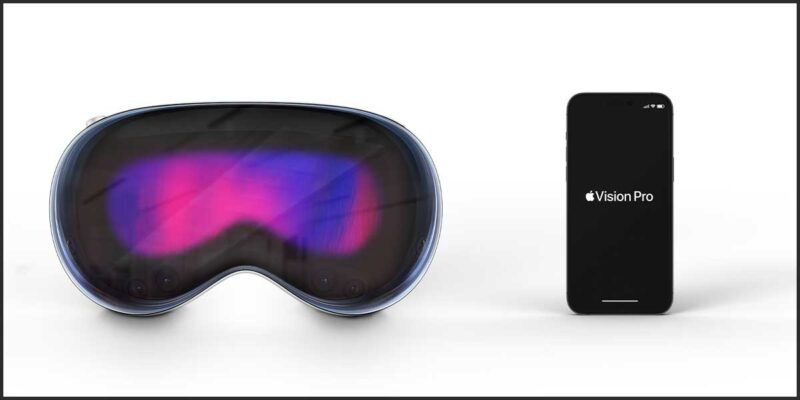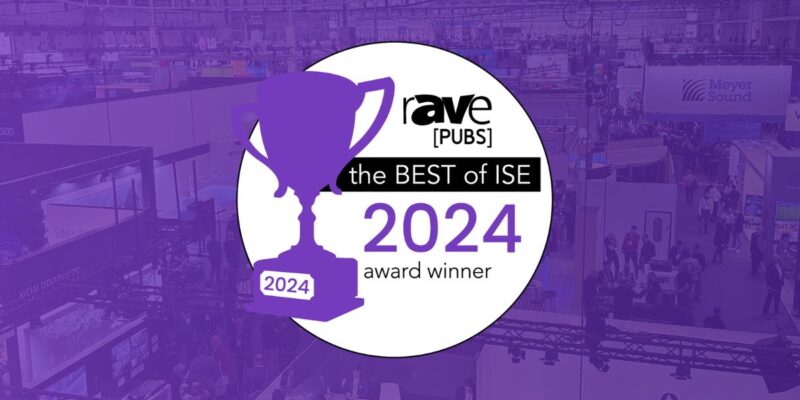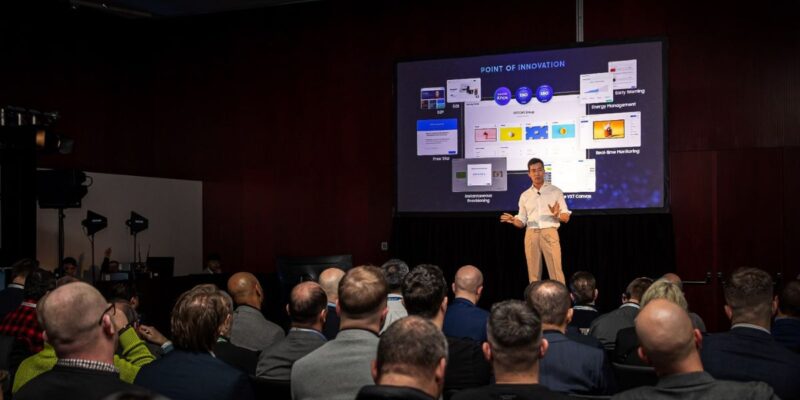Samsung May Yet Win After $1 Billion Patent Case Loss
 A U.S. federal jury in San Jose awarded Apple $1.05 billion in damages from Samsung for infringing on six patents.
A U.S. federal jury in San Jose awarded Apple $1.05 billion in damages from Samsung for infringing on six patents.
In a patent case that may alter the high tech landscape, the jury decided Apple’s patents are valid. The jury believed Apple did not violate any of Samsung’s patents. They also concluded Samsung willfully violated a series of Apple’s patents related to the software and design of mobile device
Samsung will, of course, challenge the jury’s decision, so courtroom drama could continue for years, amplified by the dozens of lawsuits/countersuits in 10 countries between Apple and Samsung.
This defeat will dent Samsung’s $21 billion cash pile, but in a strange turn… this case may actually benefit Samsung. Not as much as if it won, but a $1 billion defeat will only be a hiccup in the grinding growth of the Korean giant.
The damages equal less than half the $2.5 billion compensation Apple sought and that’s just 1.5 percent of annual revenues from Samsung phone and tablet business that generates around 70 percent of the group’s net profit of $4.5 billion (last fiscal April-June 2012). It’s a tough write-off — but it’s a write-off that won’t be felt even three years from now.
Sure, Samsung’s Galaxy smartphone could also be banned from sale in the United States, but probably this large OEM maker ALREADY has planned non-patent infringing devices should the ban came into place.
The massive publicity from the “Patent-Case-of-the-Century” actually gave Samsung and its brand more recognition. The cruel truth of consumer purchasing is that the case educated consumers that Apple products have a cheaper rival. Not only in America but in other markets abroad, the Samsung brand has gained new recognition as a near-equal to Apple rather than as Apple’s OEM supplier.
Apple’s win may affect other rival phones using Google’s Android operating system more than it hits Samsung. Samsung may have to pay Apple around $10 royalty per phone, squeezing margins for those Android-loving smartphone makers who don’t have enough margin (like Samsung) to absorb the extra cost. So Samsung may end up with less competition and a faster-out-of-the-gate bounce-back from being first through the court battles with Apple.
Some industry pundits argue that Apple’s victory will only serve to force competitors to leapfrog and create new categories of products, more difficult to defend against than the Apple-imitation now in play,
And this litigation could end up with Apple and Samsung entering a cross-licensing agreement, creating a nearly impenetrable two-party walled-garden in the smartphone market.
No wonder Steve Jobs felt doubly betrayed by Samsung. The first betrayal was in March 2010 when the first line of Galaxy S touchscreen phones came out. The second betrayal was in October 2010 when Samsung turned down Job’s offer to let them have a $250 million royalty-bearing license for this category of device because Samsung was a strategic supplier to Apple. (Samsung, with true Asian business logic, figured it could avoid paying and still come out ahead. And it may yet.)
“This is not the final word in this case or in battles being waged in courts and tribunals around the world, some of which have already rejected many of Apple’s claims,” Samsung said in a statement.
Samsung will be at IFA Berlin this week (see photo), showing “premium square” displays and their transparent displays as well as smartphones and tablets.
And if you expected tears in Korea over this “defeat,” you’ll be disappointed. It may even behoove Samsung to prolong the case by appeal, staying in the limelight while negotiating better terms, and meanwhile rolling out its replacement non-patent infringing devices.





